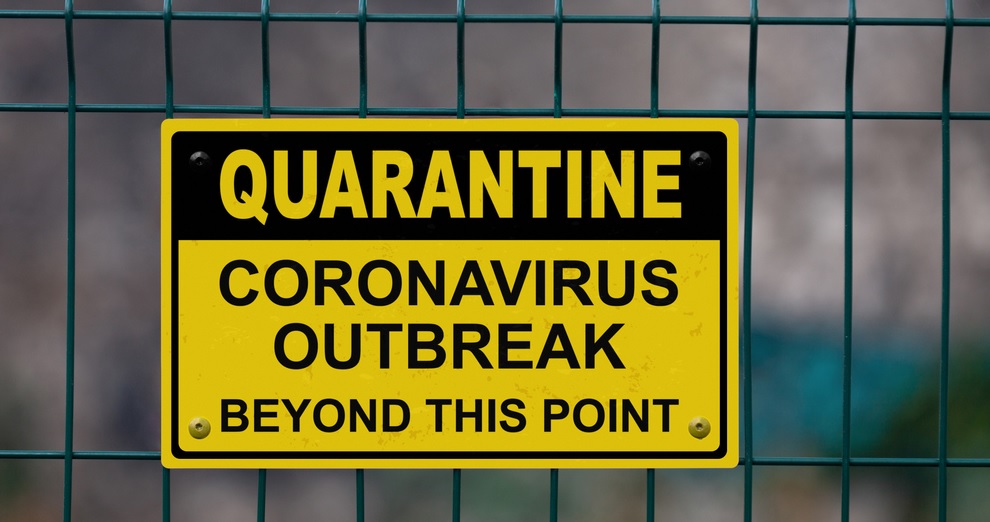About COVID-19
Information is available from the Ministry of Health. Some information is available here.
- COVID-19 is a virus infection known by other names – Coronavirus, Sars-CoV2
- It affects both children and adults.
- This virus has caused a pandemic (uncontrolled world-wide outbreak).
- In New Zealand, fortunately, with the early “lockdown” to prevent large scale spread within the country is helping to prevent community spread. The latest statistics show new cases of COVID-19 are reducing.
- COVID-19 is spread by contact and introduced to the body by the nose and mouth.
- It is important to maintain good hygeine and ensure avoiding unnecessary contact with vulnerable members of the community.
More information from the NZ Government – https://covid19.govt.nz/

The illness starts 2-10 days after you’ve been exposed.
Having them does not necessarily mean that you have COVID-19.
Symptoms include:
- a cough
- a high temperature (at least 38°C)
- shortness of breath
- sore throat
- sneezing and runny nose
- temporary loss of smell.
These symptoms do not necessarily mean you have COVID-19. The symptoms are similar to other illnesses that are much more common, such as cold and flu.
Shortness of breath is a sign of possible pneumonia and requires immediate medical attention.
If you have these symptoms please call Healthline for free on 0800 358 5453 or you can call your doctor immediately. If you’re outside New Zealand call +64 9 358 5453 or your doctor. Call us before visiting.
The scientific evidence confirms that COVID-19 is spread by droplets. When an infected person coughs, sneezes or talks, they may generate droplets containing the virus. These droplets are too large to stay in the air for long, so they quickly settle on surrounding surfaces.
People may get infected by the virus if they touch those surfaces or objects, and then touch their mouth, nose or eyes.
That’s why it’s really important to use good hygiene, regularly wash and thoroughly dry your hands, and use good cough and sneeze etiquette.
Whenever someone is diagnosed with COVID-19, medical professionals will advise them on what they need to do.
For most people this will mean self-isolating at home.
Teams also immediately start work to identify and contact anyone that those who have tested positive may have come into close contact with.
Treatment
Currently, there is no specific treatment for COVID-19, but medical care can treat most of the symptoms.
There is currently no vaccine for COVID-19 as it is a new virus. Researchers are in the early stages of developing one.
Recovering from COVID-19
For a person to be recovered from COVID-19, they must meet the following criteria:
- It must have been at least 10 days since the onset of their symptoms.
- After the 10 days, they need to have been clear of all symptoms for 48 hours.
If a person was hospitalised, it must be at least 10 days since they were discharged from hospital and they must be clear of all symptoms for 48 hours. They also must not have major immunosuppression, for example being within a year of bone marrow transplant or receiving chemotherapy.
What to do if you or a family member has symptoms?
Most cases of COVID-19 in New Zealand have come from overseas. Once a case has been identified, the Ministry of Health and district health boards track down people who may have been exposed to the virus through contact tracing.
Health services use contact tracing to find people who may have been exposed to an infectious disease. There are two types of contacts – close contacts and casual contacts. Health services give advice to both of these contact types on what they need to do.
On the Ministry of Health website you can find more information about contact tracing, including:
- contact tracing phone calls
- more detailed definitions of close contacts and casual contacts
- informative fact sheets.
Contact tracing for COVID-19 on the Ministry of Health website
Waitematā District Health BoardCommunity Based Assessment Centres
In some areas of the country Community Based Assessment Centres (CBACs) have been set up. These are often separate to regular healthcare centres and may be in temporary facilities.
You may be directed to a CBAC by your health professional for testing. It is important you follow all instructions given to you to ensure our healthcare workers at the CBAC stay safe.
These testing centres give New Zealand more ability to test and help keep people who might have COVID-19 away from hospitals and other health centres where people may be vulnerable.
You can find out more about the exact arrangements for your area by visiting the website of your local district health board.

